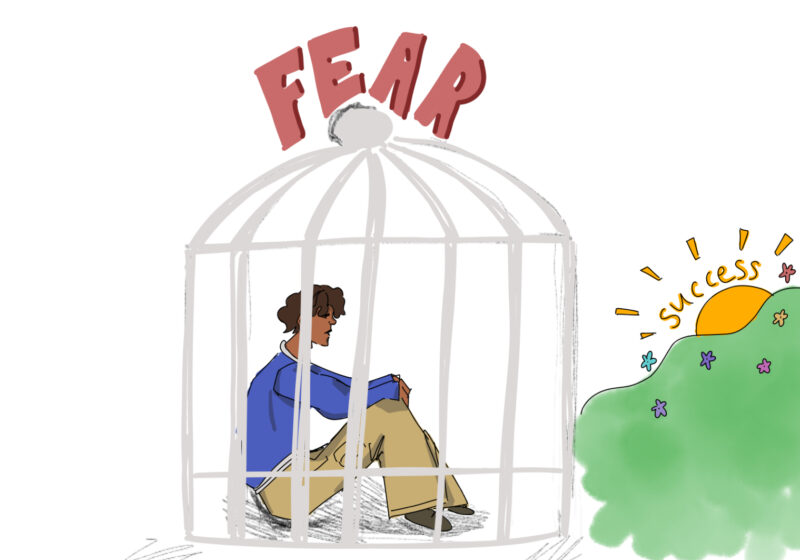Imagine Britain as a mild-mannered, sixty something year old man with an identity crisis. He used to be important, but he recently had to retire from his job as a world superpower due to pressure from the board. His adult children don’t respect him anymore – they are obnoxious and annoying. He doesn’t know anymore whether he liked what he did – perhaps the board was right. He is less and less sure of what he thinks. His last great hurrah was helping defeat the Nazis, and he can at least be proud of that – but the Nazis are long, long gone. Instead, somehow, Germany is at the head of Europe’s big, cozy new club, of which Britain doesn’t feel a part. Indeed, Britain’s old rival has surpassed it in nearly every economic and political measure. His class system and his empire have rightly become unstuck, but so too has his identity. And his marriage is on the rocks. Scotland, Britain’s second largest country and most reluctant constituent part, looks across the North Sea at Scandinavia, whose rich, happy citizens enjoy a small wage gap and better public services than the rest of the world. Fifty-one percent of Scots now say they will vote on Sept. 18 to leave the UK.
This is a huge mistake.
One problem is that the pro-union campaign has not been very good and has ignored the issue at hand to focus on legal technicalities. Most debates focus on uncertainties – the level of debt Scotland would inherit, whether they would have to reapply for EU status (which would force them to take the euro), the knowledge that North Sea oil will one day run out. Scotland would suddenly have to borrow money at a much higher interest rate, which might put what many Scots want – a Sweden-style socialist oil state – in jeopardy. But this focus is wrong. The real subtext of this debate is identity. At its worst, Scotland leaving will represent the failure of the British identity amid the nation’s global decline and will expose the United Kingdom of Great Britain and Northern Ireland for what its name sounds like: a tenuous construct, not a country at all.
I am British. The great irony of this debate is that Britain does have an identity and a massive international profile. Scottish nationalists feel angry that their identity as Scots is not properly dignified without their own country – but many identities are possible within one, more inclusive whole. And Britain is a good whole to be part of. Today, people in the rest of the UK are more likely to refer to being “British” than “English”, with the trend especially pronounced for non-white people, who lean instinctively into the more inclusive, liberal word. Scotland is angry that England and Britain are sometimes conflated, but this is mostly stereotype – people tend to understand the difference, and further, many of the identifying trademarks of Britishness are from Scotland – “Harry Potter”, the Edinburgh Fringe Festival. Our most famous athlete is Andy Murray, a Scot.
Internally, too, Scotland is appreciated, and regarded as an integral part of the UK. The outpouring of grief from many English, Welsh, and Northern Irish at the idea that Scotland might leave (it was assumed until more recent polling that they would stay) demonstrates this. ONLY TEN DAYS LEFT TO SAVE BRITAIN, read several UK headlines at the date of this article’s writing. Suddenly, the rest of Britain is feeling the land fall from beneath its feet – our country, of which Scotland is a part, is collapsing in on itself. The BBC, usually carefully unbiased, is being shamelessly partisan. The world wants Scotland to stay.
The most united I have seen the UK was at the 2012 Olympics. For one summer, Britain won more gold medals per capita than any other nation on earth, including New Zealand. We came third overall as a country of just 65 million. More specifically, the most unified I saw the UK was after presidential nominee Mitt Romney said that Britain was “concerning” and “not ready” during the country’s most patriotic moment in the last 20 years – he was buried in a sea of jeering and grasping punditry that launched attack after attack at the stupid diplomatic gaffe by a convenient foreigner. Even political officials joined in. In a country marred by disunity, the patriotism of the Olympic period felt euphoric. Britain is proud, even if in a unique, squabbling, self-deprecating and cynical way.
If Scotland leaves, they will not really create a new country – Scotland already exists – but they will kill an old one. Britain will have the same name, we may even fly the same flag (I’ve always liked our flag), but the country will be irreparably different. There are still millions of Scots who buy into that historic identity who are being ignored: since the pro-independence lobby controls the vote, Scots living in England cannot vote unless they have a residence in Scotland. One rambling, passionate highlander on “Question Time” (an audience-based political show) started shouting about how he would give his life to remain part of the UK, but he was ignored.
Dark times like these make me want to buy a Union Jack and go live in Gibraltar. Or better still, the Falklands. There’s no chance of the Falklands leaving, is there?
Stead is a member of
the class of 2017.






